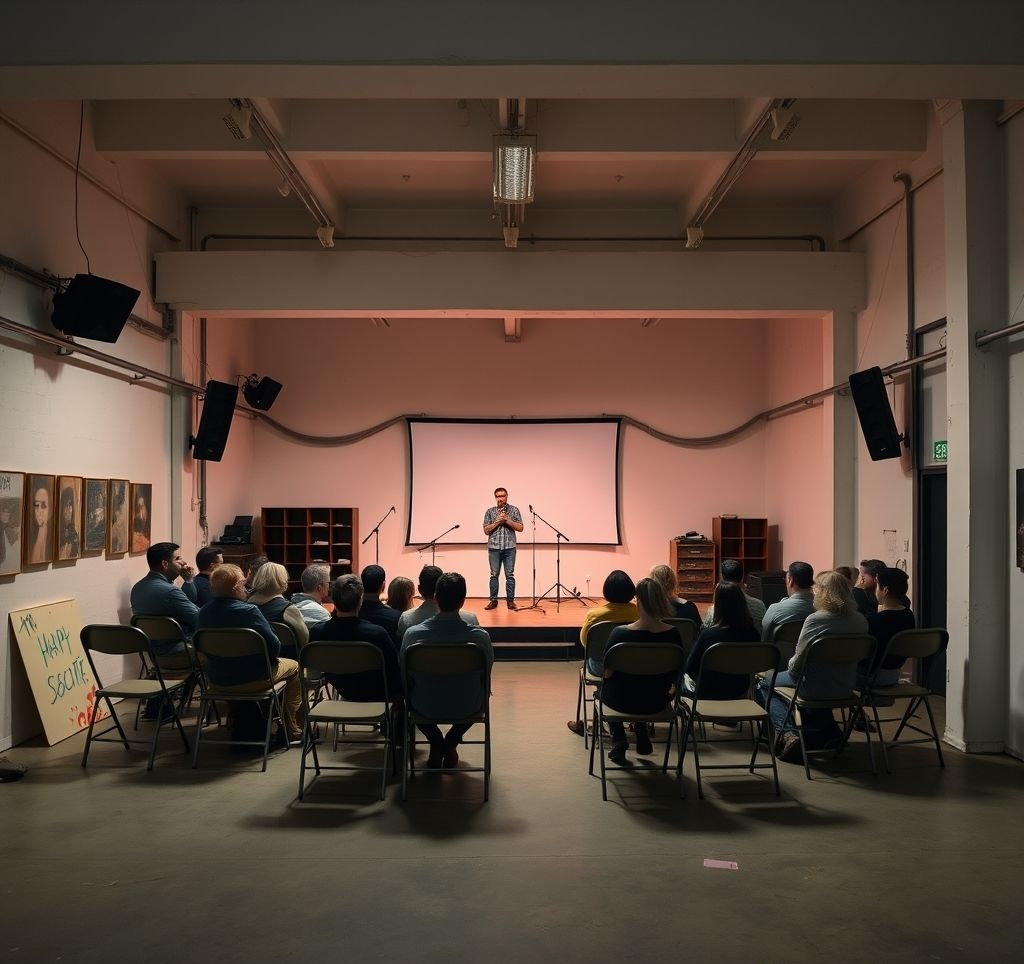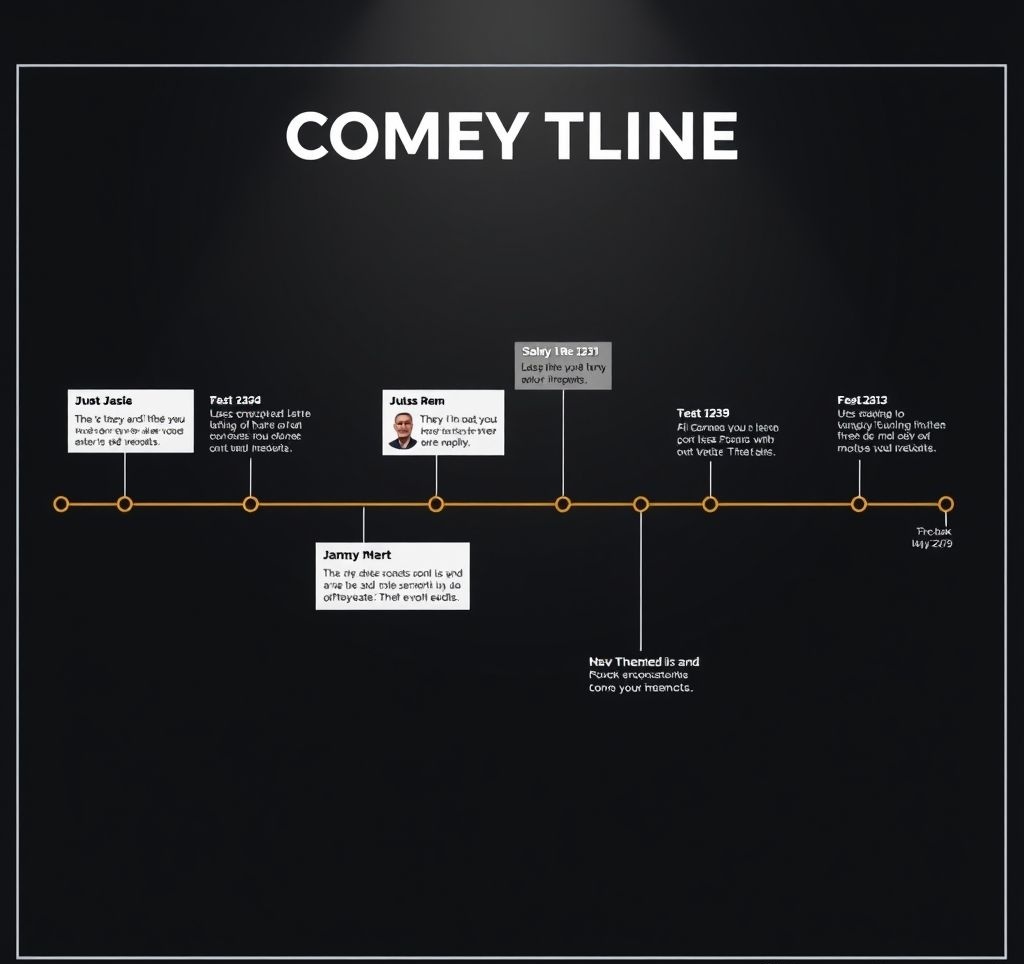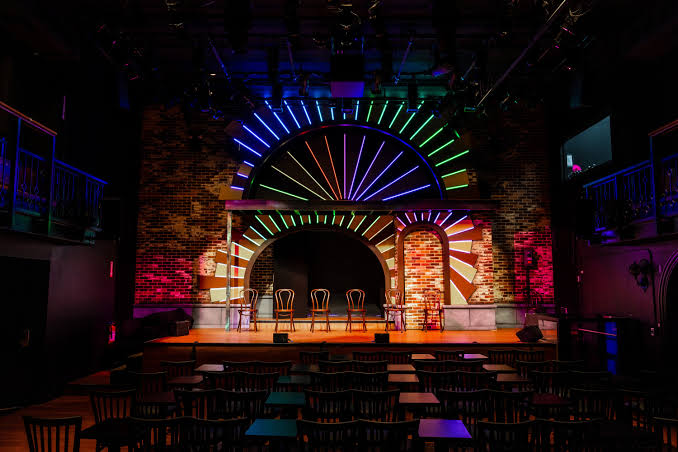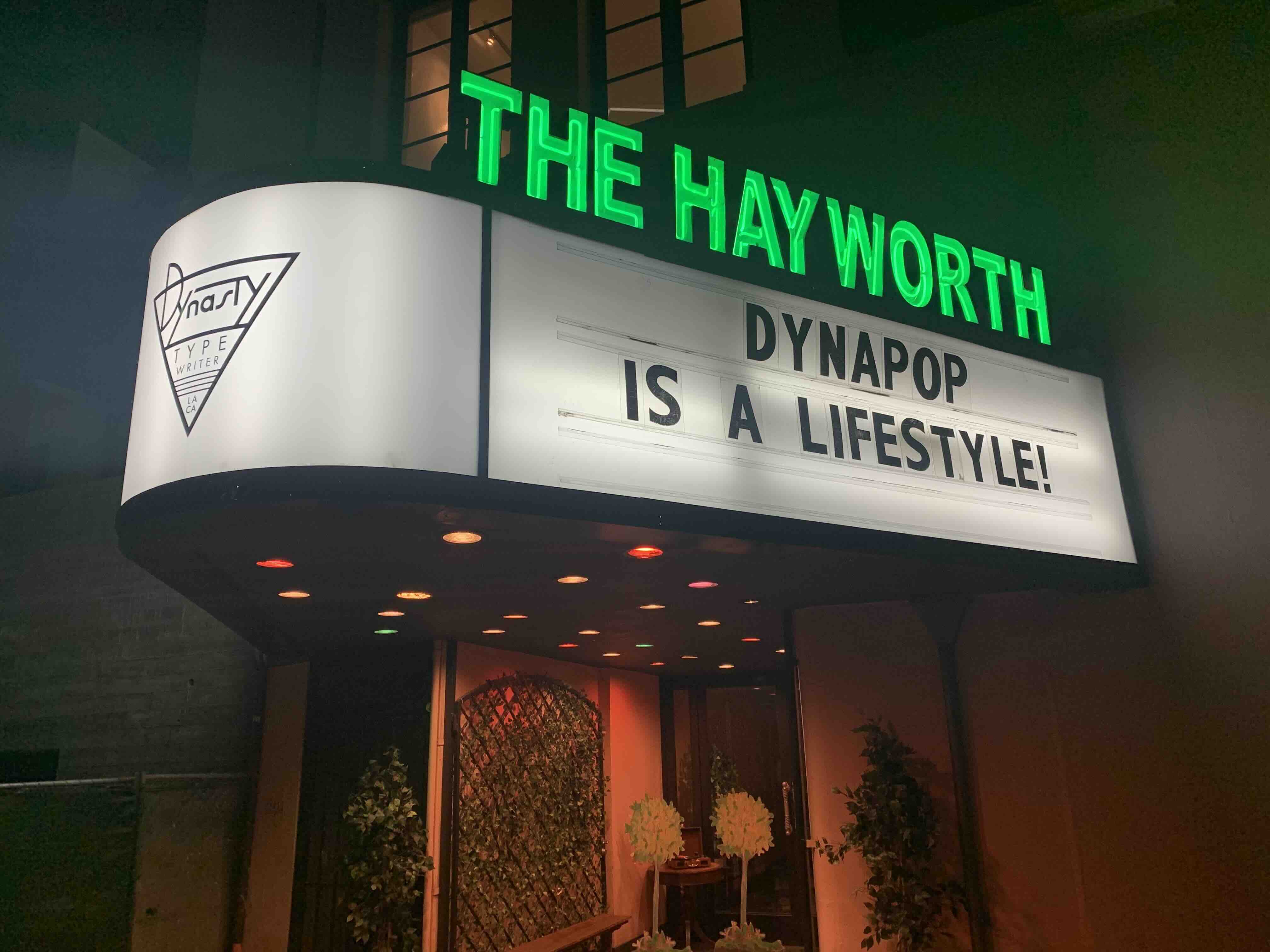Discover the World of Alternative Comedy
Meet The Comedians Breaking All The Rules Since 2025
Tired of conventional stand-up? Looking for comedy that pushes boundaries, challenges assumptions, and makes you think while you laugh? You've found your home.
At AltComedy.com, we celebrate the rich and evolving world of alternative comedy in all its forms. From surrealist performances to anti-humor, from satirical commentary to experimental storytelling – we cover the full spectrum of alt comedy.
Explore Alternative Comedy

Bo Burnham's Groundbreaking Comedy
How "Inside" redefined pandemic-era comedy and pushed the boundaries of the form.
Read Analysis
Patti Harrison: Comedy's New Voice
How this transgender comedian is revolutionizing absurdist character work.
Read ProfileMust-Read Articles from AltComedy.com

Alt Comedy in Gaming & VR: Interactive Humor
Explore how alternative comedy is shaping gaming and virtual reality experiences, from comedic VR performances to humor-driven game design.
Read Now
The Rise of Micro-Venues & Pop-Up Comedy
How small, temporary spaces are revitalizing alt-comedy scenes worldwide after the pandemic changed the performance landscape.
Read Now
Showrunners Who Started in Alt Rooms
Discover how today's most innovative TV creators emerged from alternative comedy stages and how that background shapes their groundbreaking shows.
Read Now
Interactive Timeline: 1950 → 2025
Explore the complete history of alternative comedy with our interactive visual timeline showcasing pivotal moments and cultural shifts.
Read NowAlternative Comedy Scenes Around the World

New York
From the East Village to Brooklyn, discover the venues and performers defining NYC's cutting-edge comedy landscape.
Explore the Scene
Los Angeles
Beyond the mainstream clubs: LA's experimental spaces where comedy's next generation is breaking all the rules.
Explore the Scene